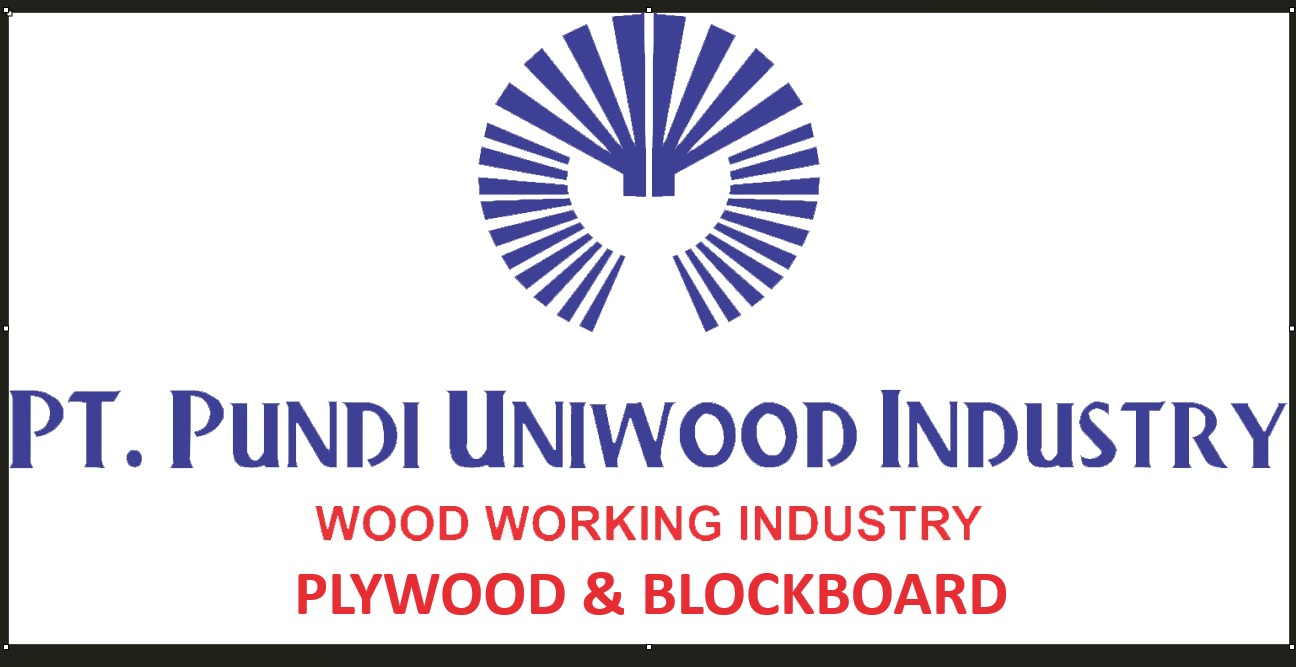Factory Audit Report: Laminate Flooring & Engineered Hardwood Flooring Factory Inspection in Ho Chi Minh City, Vietnam
Date of Inspection: July 2, 2025
Prepared for: [U.S. Importer Client] (Confidential under NDA)
1. Production Process & Raw Material Preparation
A. Laminate Flooring
1. Raw Material Preparation:
- Core Layer: HDF (High-Density Fiberboard) – Sourced from certified suppliers, moisture content controlled (8–10%).
- Decorative Layer: Printed paper with melamine resin, imitating wood/stone textures.
- Wear Layer: Aluminum oxide or melamine coating for abrasion resistance (AC rating verified).
- Backing Layer: Moisture-resistant balancing film.
2. Production Process:
- HDF Cutting: Precision cutting to required dimensions.
- Decorative Layer Application: Printed paper fused onto HDF under high pressure.
- Pressing: Layers bonded via short-cycle lamination (180–200°C, 300–400 psi).
- Embossing: Synchronized texture embossing for realism.
- Edge Profiling: CNC milling for click-lock systems (e.g., Unilin, Valinge).
- QC Inspection: Dimensional checks, surface defects, and locking system testing.
B. Engineered Hardwood Flooring
1. Raw Material Preparation:
- Top Layer: Solid wood veneer (0.5–6mm thick), species include oak, maple, or hickory. Graded by appearance (A/B/C for knots, grain consistency).
- Core Layer: Cross-ply plywood or HDF for stability.
- Backing Layer: Baltic birch or hardwood balancing layer.
2. Production Process:
- Veneer Slicing/Peeling: Rotary-cut or plain-sliced for grain patterns.
- Drying: Kiln-dried to 6–9% moisture content.
- Gluing: Top veneer bonded to core via cold/hot press (PU or EVA adhesives).
- Finishing: UV-coated (matte/semi-gloss) or oiled surfaces.
- Milling: Tongue-and-groove or click-lock edges.
2. Quality Control (QC) Key Points & Common Defects
Laminate Flooring:
- QC Focus:
- Dimensional Accuracy: Thickness (±0.2mm), length/width tolerance (±0.5mm).
- Surface Defects: Scratches, gloss uniformity, color consistency.
- Locking System: Seam tightness, ease of installation.
- Moisture Resistance: Swelling rate (<18% after 24hr water immersion).
- Common Defects: Delamination, chipped edges, “V-groove” misalignment.
Engineered Hardwood Flooring:
- QC Focus:
- Veneer Quality: No cracks, mineral streaks, or excessive knots (per grade).
- Adhesion Strength: ≥1.0 N/mm² (EN 314-2 standard).
- Finish Durability: Abrasion resistance (≥4,000 cycles for residential).
- Common Defects: Cupping/warping, finish bubbles, adhesive bleed-through.
3. Laboratory Testing Items & Requirements
- Physical Tests:
- Janka Hardness (Engineered only): ≥1,200 lbf for oak.
- Abrasion Resistance (Taber test): AC3/AC4 for laminate.
- Moisture Content: 6–12% (engineered), 8–10% (laminate).
- Chemical Tests:
- Formaldehyde Emission: ≤0.05 ppm (CARB Phase 2/EPA TSCA Title VI).
- UV Coating Adhesion: Cross-cut test (ASTM D3359).
4. Factory Background & Compliance Verification
- Market Focus: U.S./EU residential/commercial projects.
- Certifications Verified:
- FSC/PEFC (if claimed for engineered wood).
- ISO 9001/14001.
- FloorScore®/Indoor Air Quality Certifications.
- Audit Red Flags:
- Subcontracting without disclosure.
- Inconsistent mill certificates for core materials.
5. Product Classification by Usage
| Category | Material | Use Case | Key Feature |
|---|---|---|---|
| Laminate | HDF + Melamine | High-traffic residential/rental | Scratch-resistant, cost-effective |
| Engineered | Solid veneer + Plywood core | Luxury homes, moisture-prone areas | Dimensional stability, refinishable |
Conclusion: The factory demonstrated compliance with the client’s audit checklist, though minor improvements in veneer grading consistency were noted. Full report withheld per NDA terms.
Prepared by: [Your Team Name]
Date: July 26, 2025

